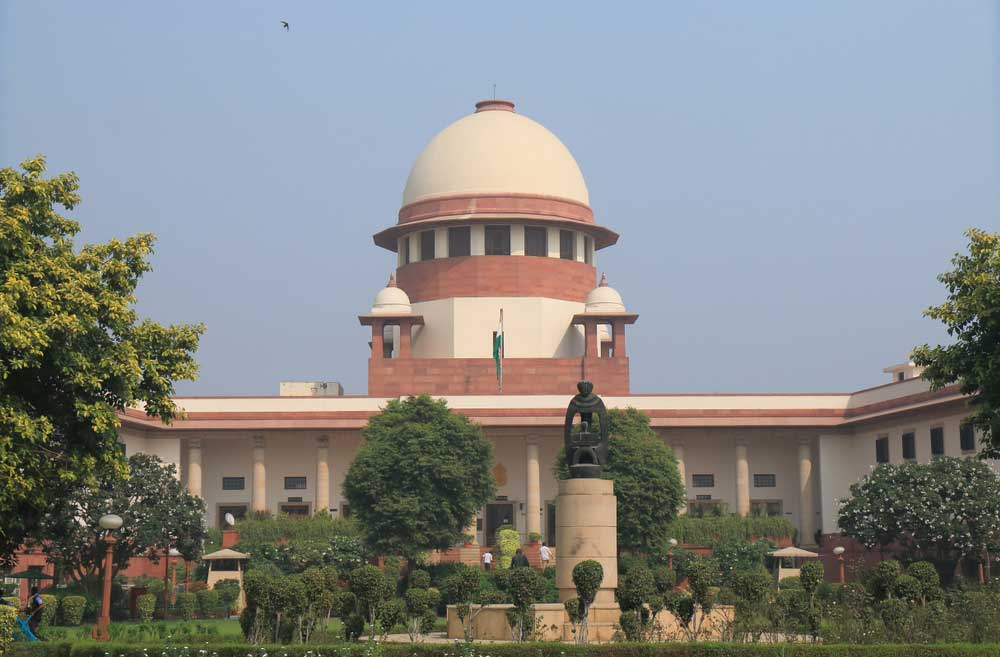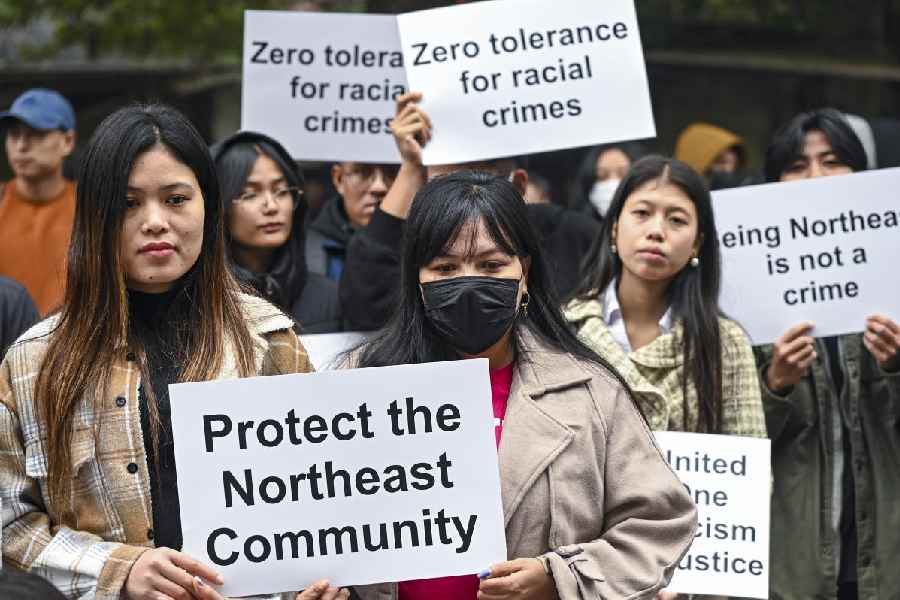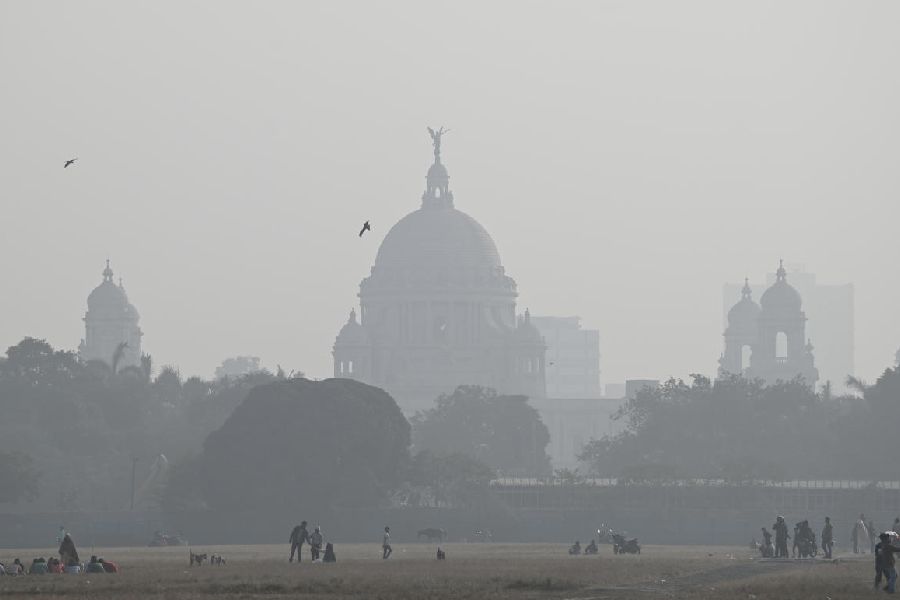The Supreme Court on Thursday directed the Centre to set up within 60 days special courts in every district that has a minimum 100 pending cases relating to child rapes and sexual offences against children.
These special courts will solely deal with cases registered under the Protection of Children from Sexual Offences (Pocso) Act, an apex court bench of Chief Justice Ranjan Gogoi and Justices Deepak Gupta and Aniruddha Bose said in a written order.
“Such courts will be set up under a special central scheme funded by the central government which will not only take care of appointing presiding officers (judges) but support persons, public prosecutors, court staff, infrastructure, child-friendly environment…,” the Supreme Court said while directing solicitor-general Tushar Mehta to file a status report on compliance with the order.
The order made it clear that though the special courts would be set up in the states, it would be the responsibility of the Centre to finance their functioning.
The top court passed the direction as part of suo motu proceedings initiated on July 12 to tackle the rising number of child rapes across the country.
At the earlier hearing, the CJI had said information collected by the Supreme Court registry had revealed that between January 1 and June 30, as many as 24,212 cases relating to child rape had been reported.
Trial is yet to begin in 50 per cent of the cases as the investigations have not been completed, with the police chargesheets awaited.
After briefly examining suggestions submitted by senior advocate V. Giri and Supreme Court registrar Surinder Singh Rathi, the bench told the solicitor-general on Thursday that “to make a law is not difficult. But to enforce and ensure that it is implemented is difficult.”
The court referred to smaller states like Tripura, Odisha and Himachal Pradesh, where the judicial infrastructure is poor — so much so that only curtains separate the staff and the court halls.
Justice Gogoi pointed out that though new laws are being enacted at regular intervals, no effort is being made by the government to fill up the 5,000 vacant posts in the subordinate judiciary and build more court halls.
“These are the issues concerning the judiciary and not matters related to the collegium,” CJI Gogoi observed while pointing out that there was a gross inadequacy of judicial infrastructure across the country.
Rathi, assisting the court in the matter, said the National Commission for Protection of Child Rights, a statutory body created by Parliament for the safety of children, itself was unable to provide any data on the number of Pocso cases registered in the country since 2012.
In the absence of sufficient data, the Supreme Court registry was forced to collect information relating to child rape and sexual harassment cases from the National Legal Services Authority, the ministry of law and justice and the National Crime Records Bureau, besides the Parliament website, Rathi said, adding that the figures were uniform.
At the last hearing, the court had expressed anguish at the tardy progress in the investigation and trial of cases related to child rape despite the Pocso Act that mandates that the trial be completed within a year.
The court had regretted that even in the national capital, only two of the 172 cases listed for trial since January had been disposed of.
Amicus curiae Giri has said in a report that though the Pocso Act mandated that there shall be designated special courts to deal with related cases, most states had not complied with the direction.
Giri has also mentioned that although the Act postulates the appointment of special public prosecutors with a minimum of 10 years’ experience as advocates, hardly any state had done so. He alleged that the trial in most Pocso cases was getting delayed because of such reasons.










